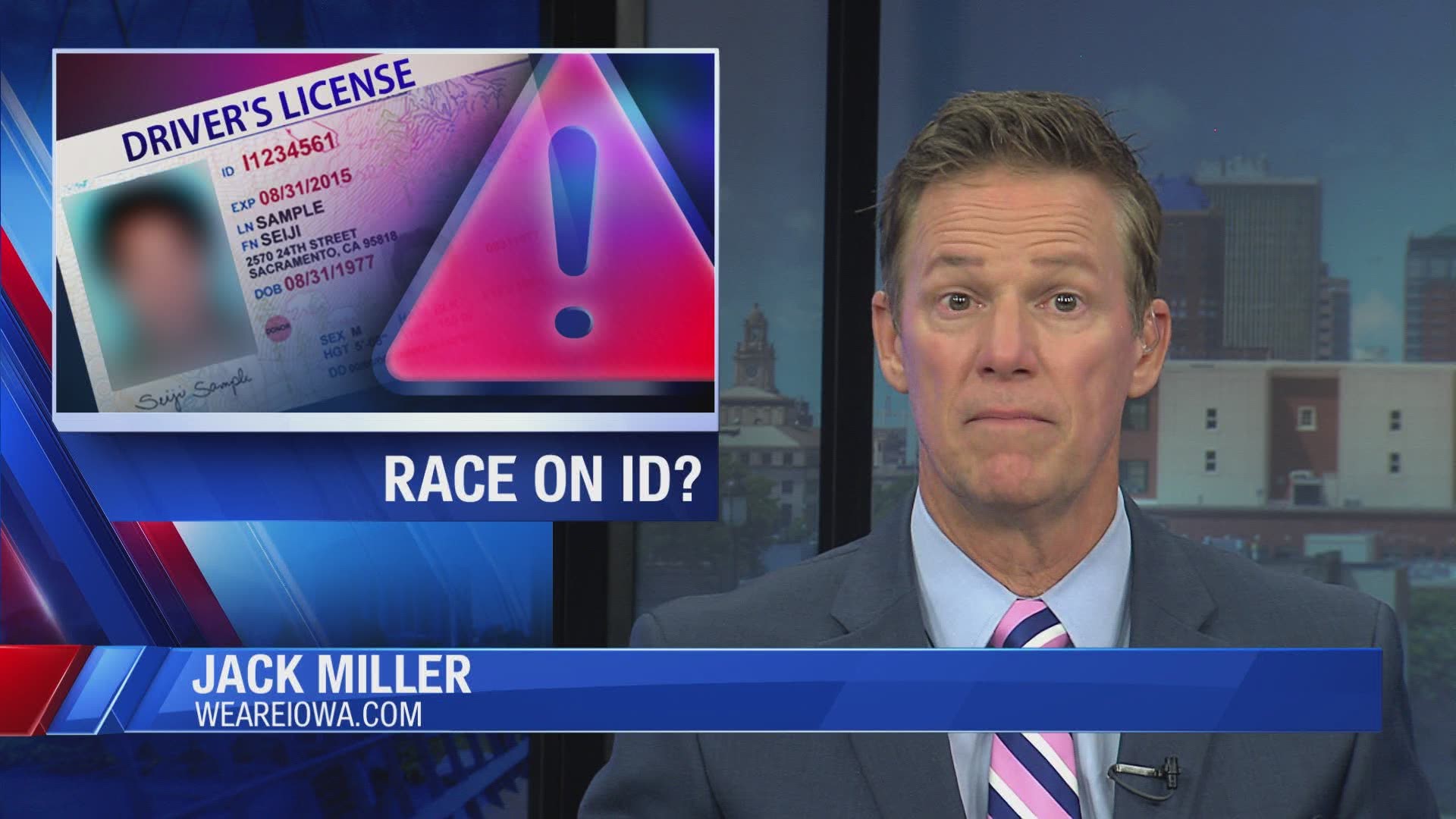DES MOINES, Iowa — State and city officials across Iowa met virtually on Monday for Gov. Kim Reynolds' FOCUS Committee on Criminal Justice Reform.
The meeting provided an overview on anti-profiling ordinances in several cities including Des Moines, Cedar Rapids and University Heights.
Des Moines City Manager Scott Sanders spoke on the city's journey to enforcing their own ordinance. Sanders said the planning started in 2018.
The city accepted input from the public as well as the National Association for the Advancement of Colored People (NAACP) and other advocacy groups.
It wasn't an easy project, according to Sanders. Ordinances take three readings to pass as a law.
Sanders said that the Des Moines Police Department enacted a policy in 2018 to combat biased policing. He said that policy has a lot of similarities to the ordinance passed this year.
The City Council read over first draft of the anti-profiling ordinance on June 8 this year. It eventually passed on June 22.
"So we're very proud to have that accomplished, but there's an awful lot of work, established within that ordinance, and other resolutions by the Council," Sanders said. "We've got an awful lot of work ahead of us."
Later in the meeting, the committee discussed these city ordinances across the state. Sanders brought up an idea to have state-issued identification detail an individual's race.
The purpose of that is to have a third-party data system that assists with reporting traffic stops, according to Sanders.
"But if it were self -dentified through the process of receiving a driver's license. That would be incredibly powerful in having third party data, reflect a disparate reporting that may come out so I would put that request out there," Sanders proposed.
"Let's get that done, let's get it done soon."
WATCH: FOCUS Committee on Criminal Justice Reform July 20 meeting
Another part of the meeting focused on "pretextual stops."
"A pretextual stop occurs when an officer uses a minor traffic offense as a means of investigating his hunch regarding criminal activity," said Theresa Wilson with the State Appellate Defender's Office.
Wilson described a case from 2018 that focused on pretextual stops.
In State v. Brown, the officer that pulled over Scottize Brown, a Black woman, admitted that he wouldn't have stopped her for a minor infraction.
Wilson said the officer ran the plates of the car, which came back with a person affiliated with a gang association.
"Even the State on appeal conceded the stop was pretextual," Wilson explained. Under both the U.S. and Iowa constitutions, and officer must have probable cause or at least reasonable suspicion to have criminal activity to stop a moving vehicle."
The Iowa Supreme Court hadn't previously addressed pretextual stops under the Iowa Constitution at that point, according to Wilson. Brown's case gave the court the opportunity to do so.
Brown asked the court to adopt a burden-shifting procedure similar to those in use in Delaware and New Mexico.
Under that procedure, a state would give the objective reason for the stop and the defendant would then have the burden to show the stop was pretextual. The state could then respond by showing that even if there wasn't a pretext the officer would have stopped the individual anyways.
Wilson said the Court found that idea to be "unworkable" given the different practices of traffic stops in different counties. The court also noted that if an officer was willing to engage in racial profiling that they would most likely lie about it.
"The court essentially described the problem is too big, with too many contributing factors for the courts to result," Wilson said.
The next committee meeting is planned for August.
Lt. Gov. Adam Gregg said their hope is for it to be in-person.
Read the entire case summary of State v. Brown below.

